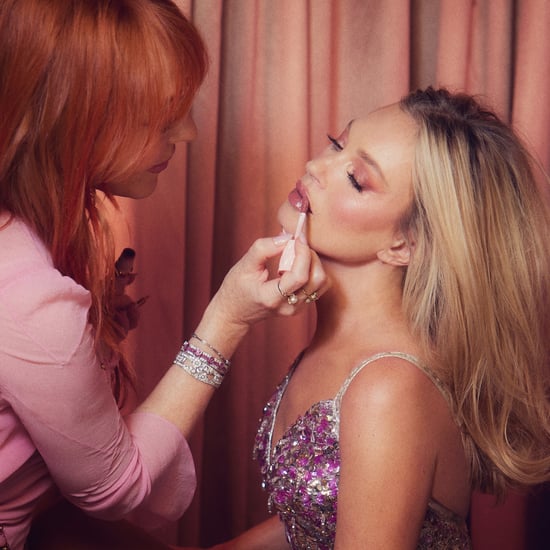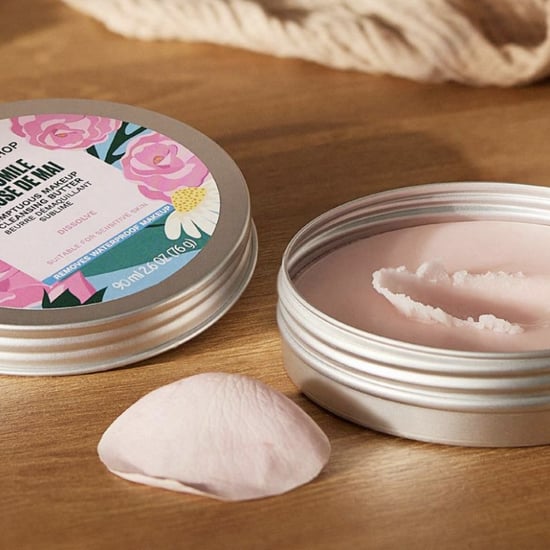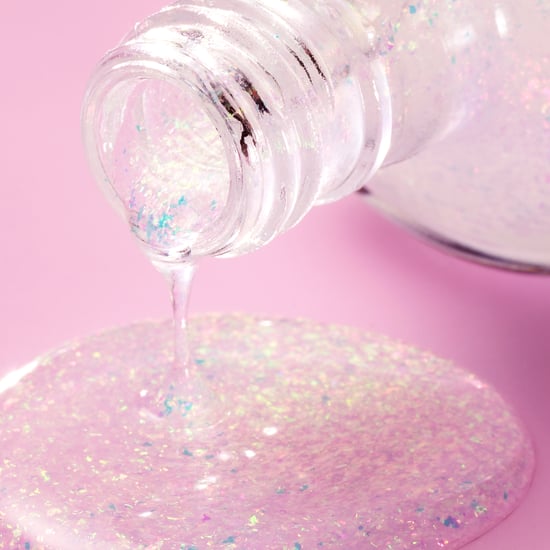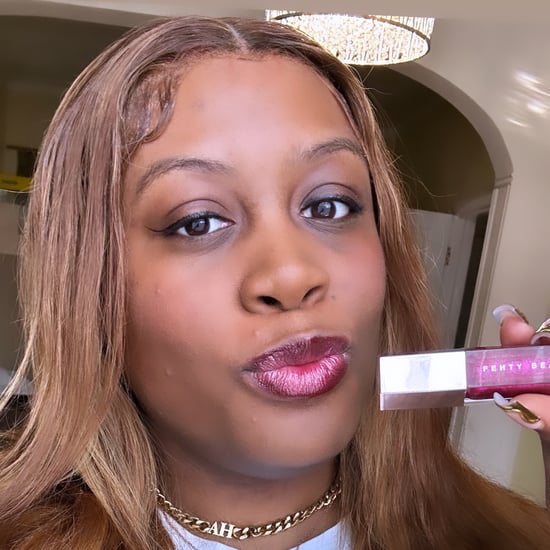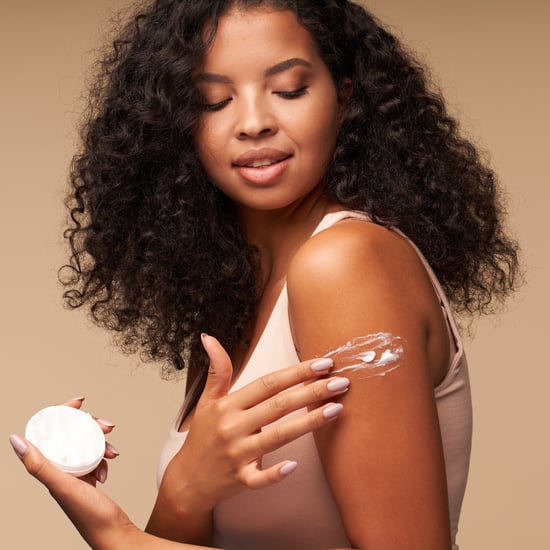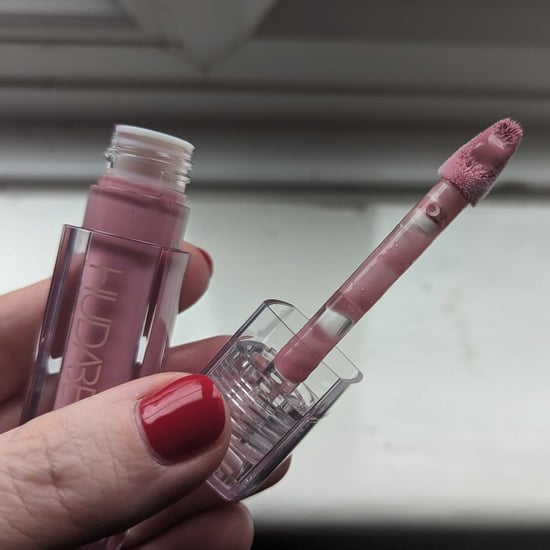Skin Proud Calls on ASA to Ban Photoshopped Beauty Images
Skin Proud Urges the ASA to Ban Photoshopped Beauty Campaign Images
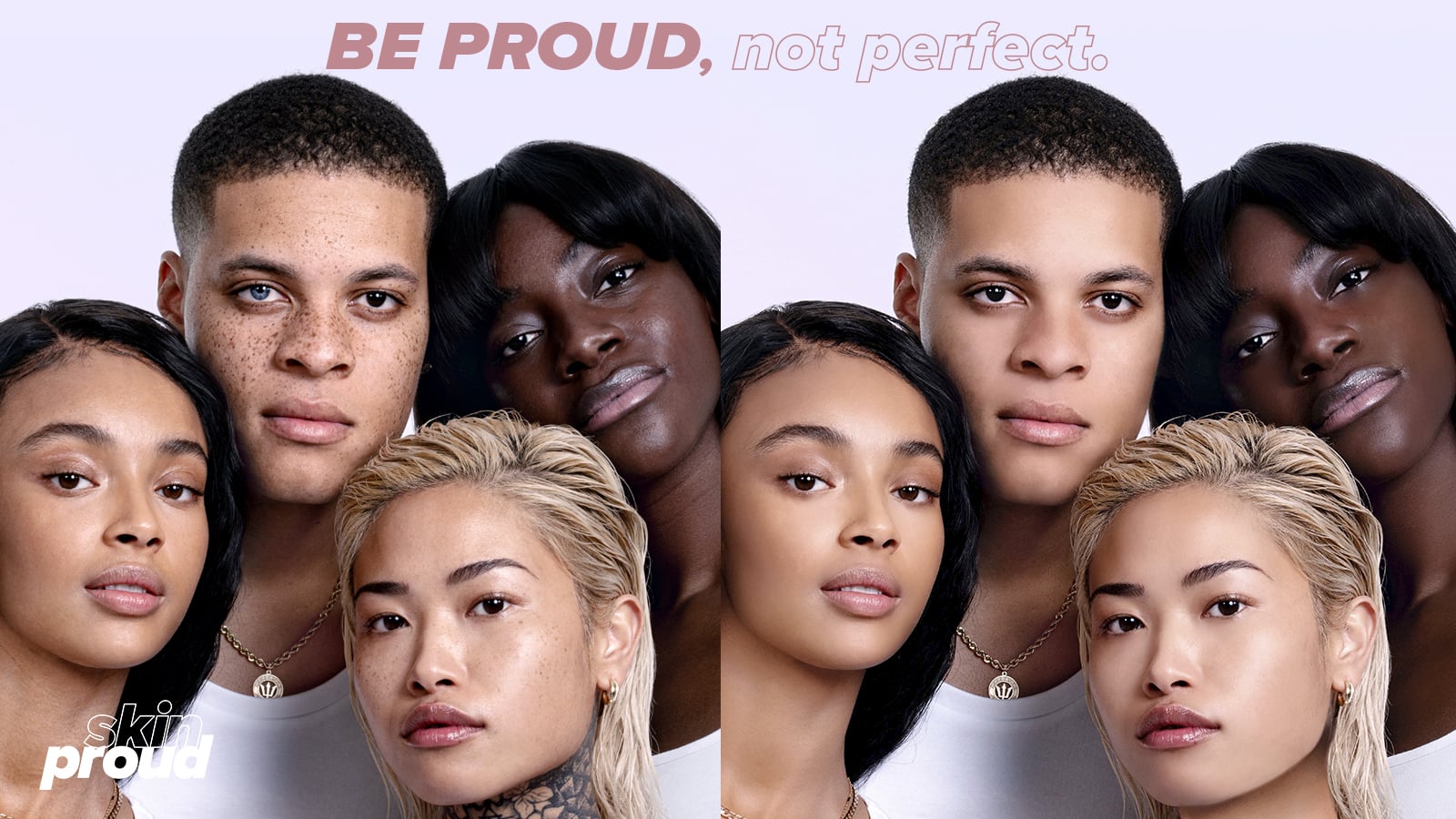
There's no denying that photoshopped and digitally altered images promote unrealistic beauty standards, especially for young people. Skin-care adverts, in particular, often edit out blemishes, hyperpigmentation, fine lines, freckles, pores, and many other things that are absolutely normal for anyone, at any age, to have on their skin. And while photoshopping in adverts is a form of false advertising, the issue with it goes much deeper than that; it has the potential to have a significant, psychological impact on people.
"What we know is that everybody looks at images differently and processes them differently. So there will be some people who are more likely to look at an image and then store that image in their mind somewhere, and then will use that image to reference themselves against," said psychodermatologist Dr Alia Ahmed. "From this, some people will start to feel that they're not as good as this picture, or they will start to have unrealistic expectations of how they should look." Dr Ahmed even notes that clinics and surgeons are getting an increase in people taking a filtered photo of themselves as a reference point of how they wish to look with certain procedures or non-surgical treatments.
These digitally-altered brand campaign images create misleading claims about what is considered "normal" when it comes to our skin. That's why skin-care brand Skin Proud is calling on the Advertising Standards Authority (ASA) to ban photoshopping in skin care product advertisements with its petition.
Research done by the brand found that over half of the people they surveyed wanted to feel more confident in their natural skin, proving that there's a desire for more realness in the industry. A way companies can help consumers do that is with their campaign images. "Brands are in a great position to be able to support the skin positivity, love the skin you're in, real skin movement that we're seeing," said Dr Ahmed. "It's important to protect and support people who may be presenting with unrealistic expectations. Brands, healthcare professionals, and everyone, really, need to remember that there will always be someone who won't react well to the image that you are showing or the image that you are portraying," she adds. "It's also important for brands to acknowledge that not everybody wants to see a filtered or airbrushed photo. Some people want to see a 'real' photo."
If you're all for seeing more spots, freckles, and fine lines in skin-care campaign images, support Skin Proud's mission by signing the petition today.
